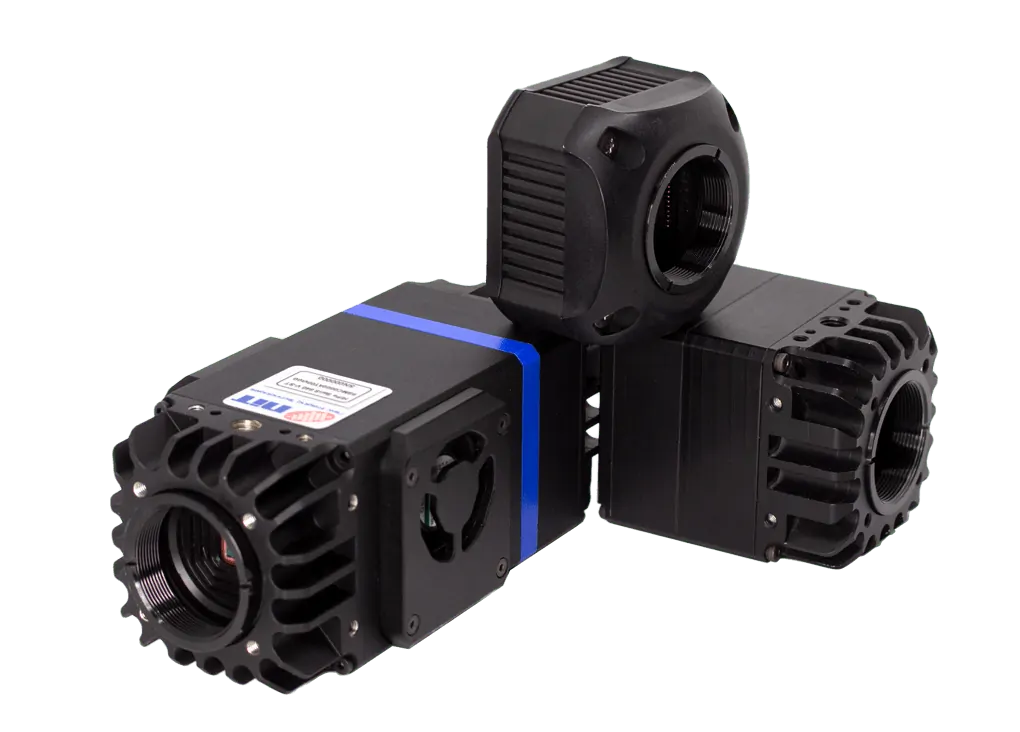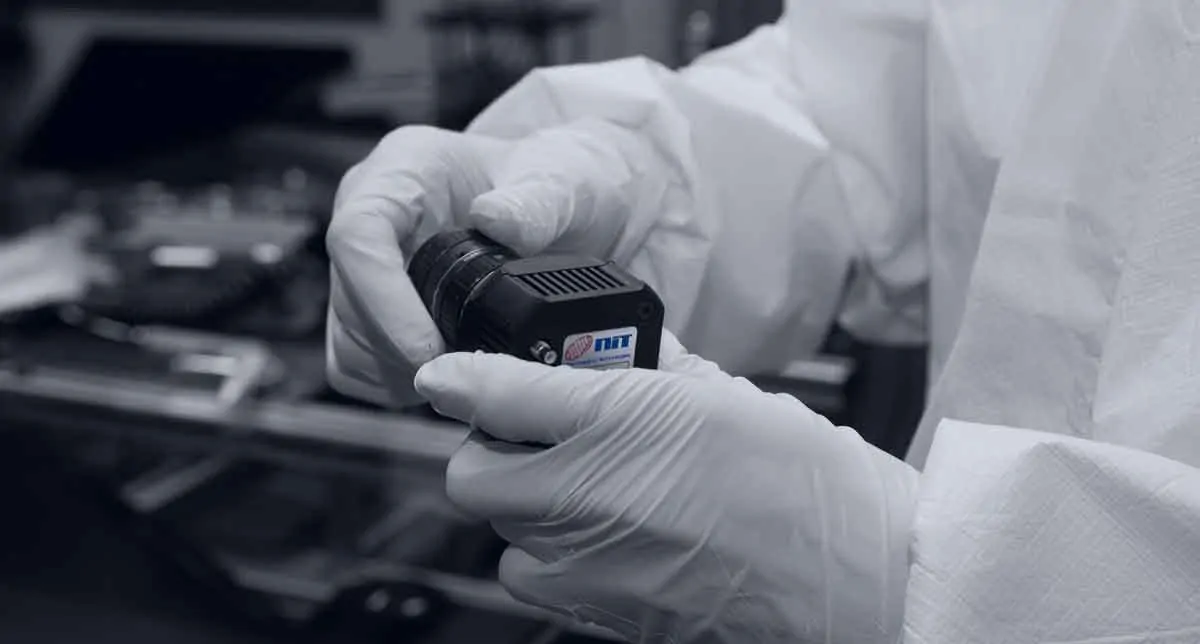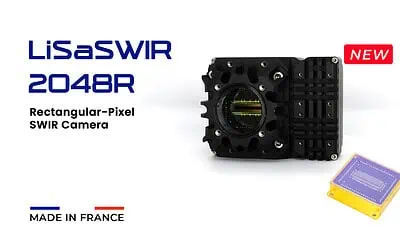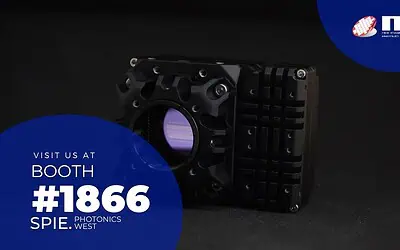Short-wave infrared (SWIR) cameras are popular in many industries because they possess unique remote sensing capabilities. SWIR cameras and their technologies are frequently used in night vision imaging and to inspect internal structures of objects without having to break them open. As scientists learn more about SWIR light and its properties, the value of SWIR cameras increases. In this blog post, we will look at what SWIR cameras are and why they are becoming so valuable.
What is SWIR light?
SWIR light is reflective, invisible light with a wavelength range between 0.9 and 1.7 micrometers. However, the wavelength range can also be classified as 0.7 to 2.5 micrometers. Because SWIR light is reflective, it projects itself off objects and can create shadows and other effects, just like visible light. However, a primary difference between visible and invisible light is that SWIR light can see through fog, smoke, and some other materials. It is an ideal solution for imaging applications in low light or covert conditions.
How do SWIR Cameras Work?
SWIR cameras have specialized sensors that detect SWIR light emitted or reflected by objects. Once the light is absorbed, the light is converted into electrical signals by the camera’s electronic system. SWIR cameras are engineered with a photodiode array, a sensor, a camera lens, and an electronic system, which all work together to detect light and convert it into an image.
For a more comprehensive piece, read our previous blog post, How Do SWIR Cameras Work?
Applications of SWIR Cameras
There are many industries and applications that benefit from SWIR cameras and their technology. These cameras have diverse purposes, including semiconductor inspection, surveillance, medical imaging, and chemical sensing.
For surveillance purposes, SWIR cameras are crucial in military applications as they can identify beacons and lasers and see through haze and smoke. In other surveillance settings, SWIR cameras are used because they produce high-quality images in obscured conditions.
SWIR is also used in the semiconductor industry to inspect parts for defects in the production line or to conduct failure analysis of circuits or wafers. In terms of life sciences, SWIR is used in microscopy to enhance analysis beyond the standard visible range. It can also be used for deep tissue imaging for In-vivo applications.
Other applications include inspection in the hot glass, welding, and art industries, firefighting, and laser processing.
Advantages of SWIR Cameras
There are several crucial advantages that SWIR cameras offer over other imaging technologies. The primary benefit is that SWIR imaging can ‘see through’ fog, smoke, and materials such as glass. They produce high-quality images in low-light conditions but can also be used for daylight imaging. As we’ve already mentioned, SWIR cameras are valuable to a wide range of industries, and these below are some additional reasons why.
- Ability to see through glass and obscured weather conditions
- Can be used to complement thermal cameras
- High-resolution imaging
- High sensitivity to invisible light and any changes
- No illumination is needed
New Imaging Technologies and SWIR Cameras
To summarize this blog post, SWIR cameras are an invaluable imaging tool for various industries due to their unique capabilities. From identifying crop health to seeing through smoke in military settings, SWIR cameras offer solutions and improve efficiency in challenging situations.
New Imaging Technologies are dedicated to providing state-of-the-art SWIR cameras for a range of imaging applications, with a focus on cost-effective and high-performance solutions. We offer a varied choice of SWIR cameras, with resolutions 320×256, 640×512, 1280×1024, and 2048×1, and support multiple applications with our analog, CameraLink, GigE, SDI, and USB 3.0 options.
SWIR imaging solutions
Contact NIT today to learn more about enhancing your imaging solutions with SWIR cameras.





